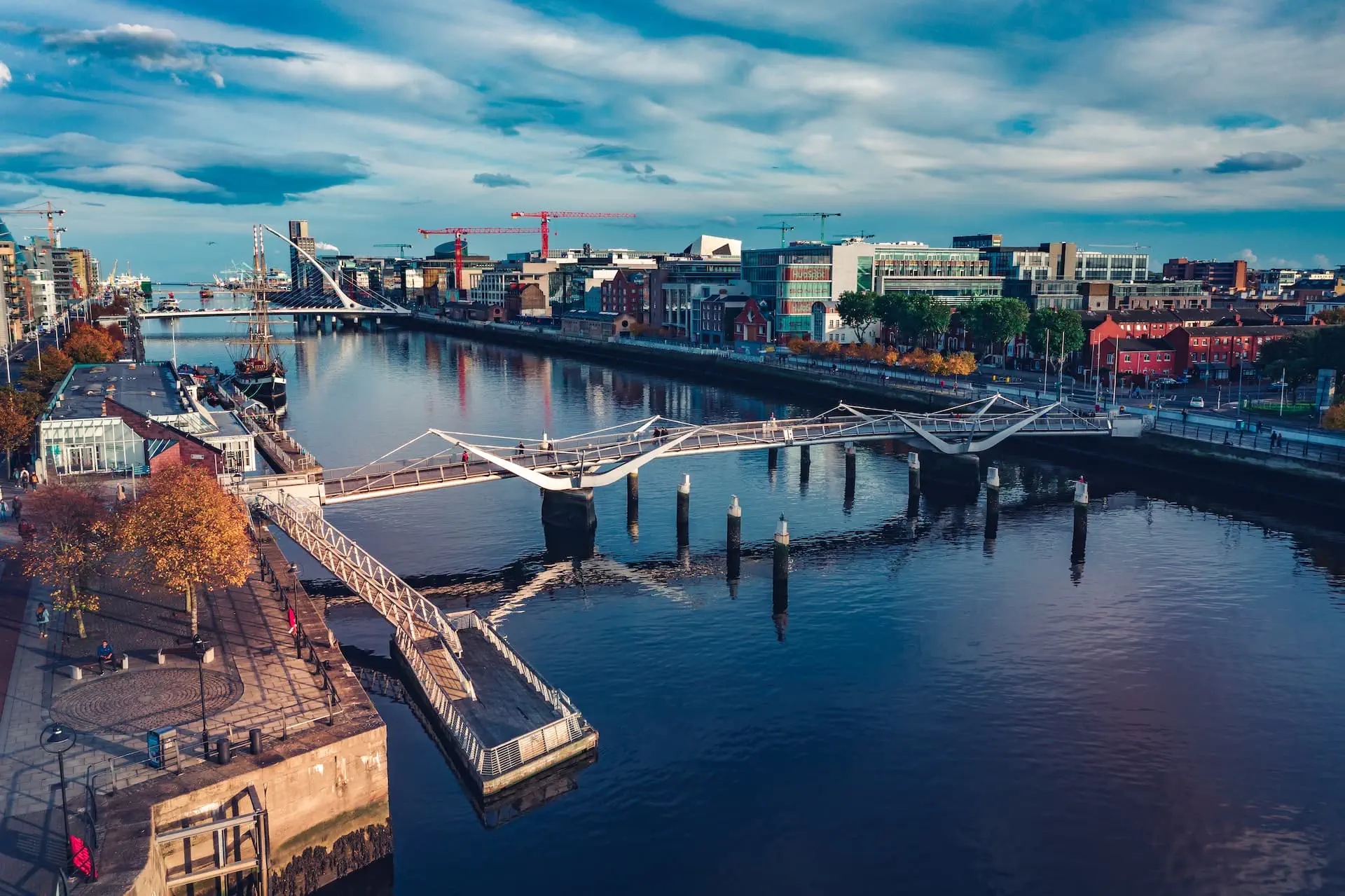1. Who are you organizing it for?
A common pitfall when organizing an event is planning one that only you will love. I have seen it time and time again where the organizer launches head first into putting together a sweet event that they would love to attend, while innocently ignoring the fact that it’s the interests of the guests that should be prioritised. While its true that it’s important to organize an event that you yourself would attend – you have to focus on your target audience first. Spend some time thinking about your audience! If you have direct contact with them, then speak to them. See what makes them tick. With this understanding you will know what to give them. Also, try to avoid asking outright what they want – I find that most people have a narrow idea of what they want. Understanding your audience is always the better way to go.
2. Timing
Give yourself plenty of time to organize the event. More than you think you need. More and more these days companies and organizations are leaving less and less time to get their events organized. Another trend is events are not being as well attended. Coincidence? I think not. Get your venue early, secure the best entertainment and then get the event into the minds of your audience early. This way it has a chance to become part of the calander.
3. Get the entertainment right
So often I have seen the budget blown on the wrong things. Ask yourself: what do people remember? Most often the answer is – the entertainment! Be careful to the entertainment with the audience. Give them something they have never seen before – and if they have seen it, give it to them in a new way. Also, every audience is different. I could write (and probably will) a blog alone on this. Time of year, age, reason for entertainment and many more factors come into play. Give your audience what they deeply want, and your night will be legendary.
4. Budget
Typically, the organiser works with a limited, pre-set budget. While this is true for most events, there are a few ways to get creative with your budget. Firstly, decide what is the most important factor for your audience (again, stay out of the trap of what is the most important factor for you… The event is not just for you). Once you know this then you can begin to decide how to best allocate funds. Where possible organize contra deals: Do you have a client that would love to direct market to your staff? Do you have any buiness favors owed? Call it all in. People are almost always willing to help you out, but the first step is reaching out. Finally, look for deals: Most companies are hungry for business and will compromise on quotes.
5. Final Check
Once you hang up the phone on a deal it doesn’t end there. 5 days before your event you need to review your event checklist, recalling all of your suppliers – double checking dates and costs. This is probably the single most neglected area. I have bailed out many panicked clients on the day of an event because they were let down by suppliers. Book, confirm, double check.








